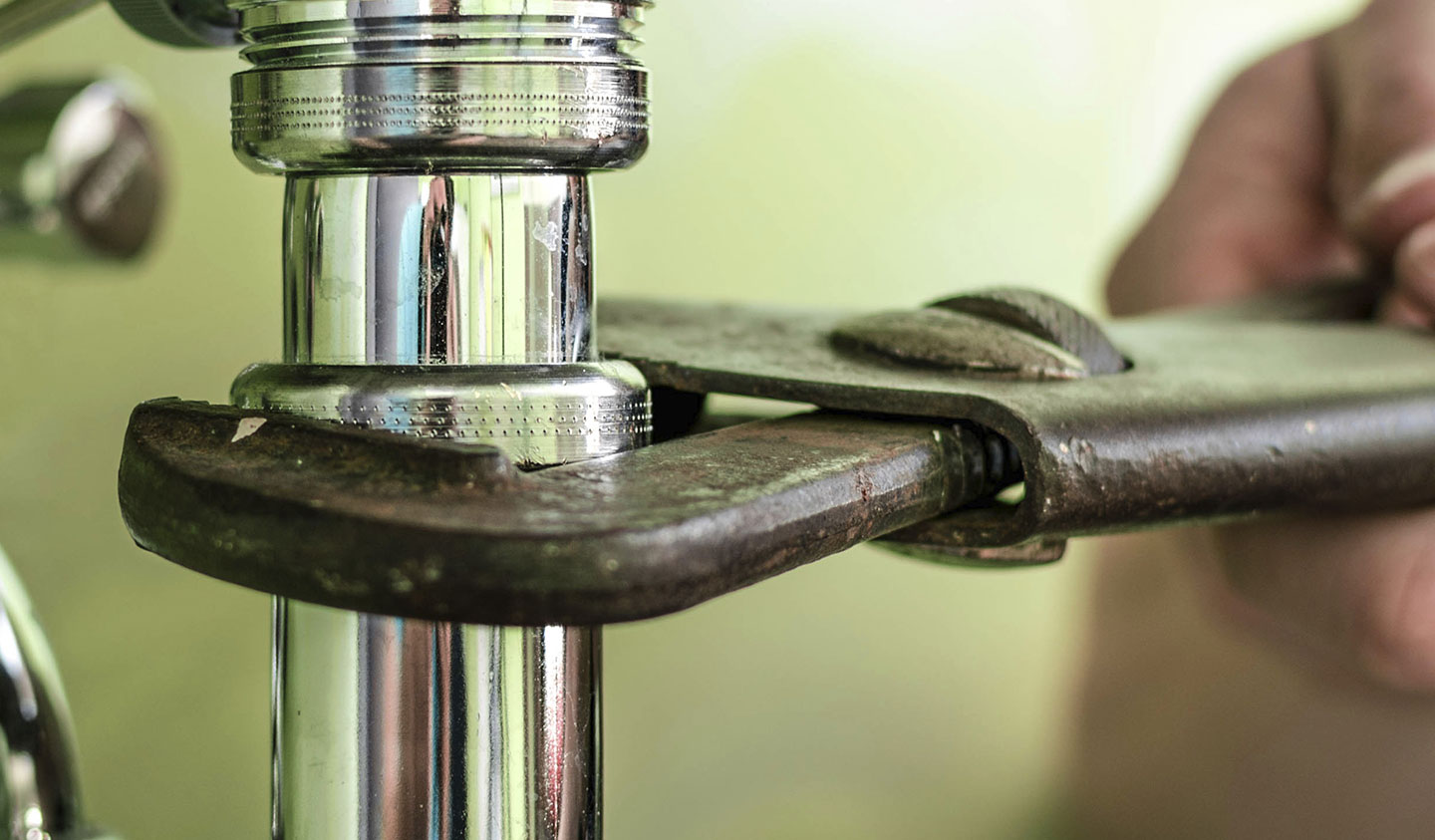All Categories
Featured
Table of Contents
In South Plainfield, NJ, Ayaan Melton and Rodrigo Arnold Learned About What Is The Difference Between Home Insurance And Home Warranty
Homeowners service warranty coverage is simply optional and not required by your home mortgage lender or anyone else. The real distinction boils down to devices and appliances in your house. As comprehensive as property owners insurance protection might sound, there are a couple of gaps. The latter usually does not cover mechanical devices in need of repair work or replacement, unless they were mistakenly damaged by the particular dangers described in the policy, consisting of: fire, weather condition or disaster.

Beyond this, house owners insurance coverage is meant to secure consumers versus damage brought on by natural catastrophes to the physical home and your individual home, in addition to some measure of liability coverage. The dollar amounts for both protection and tend to be greater in home insurance, that makes sense offer the greater quantity of threat assumed by the business.
The home warranty would cover the repair of the pipe, but not damage brought on by the leakage. If the leakage was major, your house owners insurance would cover the damage,", a Woodstock, Ga.-based realtor and attorney, says. A house warranty can provide several benefits, consisting of: Peace of mind that your faulty device or part will be repaired or changed in a timely manner, without triggering you unnecessary financial difficulty.
"The previous owners of my 45-year-old house paid for the first year of warranty coverage, and we have restored it considering that," says Carol Gee, a property owner in Atlanta. "In the past, I questioned whether we should continue it. However recently, my hot water heater stopped working, and needing to purchase a brand-new one would have cost me more than the yearly service warranty cost.
The costs involved are relatively affordable and can be considered a rewarding financial investment compared to the complete cost of needing to replace or fix a pricey house component. In numerous cases, the very first 12 months of guarantee protection is consisted of at no charge to the buyer of a new or existing home, with the annual fee paid for by the seller or property agent.
For instance, a company may restrict its protection of a HVAC system up to $1,500, which might be insufficient to spend for all the needed expenses, or in a worst case situation, replace it. The guarantee business may charge extra fees that fall outside of your coverage terms, such as the expense for hauling away an old home appliance and its correct ecological disposal.
"I have a love/hate relationship with home guarantee business," states Ailion. "It's terrific when they cover a pricey repair work like an AC system or furnace, however it's in some cases a fight to get the item covered and a dissatisfaction when the fine print omits some or all of the concern." Normally, you need to utilize the service provider/contractor dispatched by the warranty company, and not an out-of-network repair work professional of your choosing.
In Cedar Rapids, IA, Lindsay Mccall and Moses Proctor Learned About What's The Difference Between Home Warranty And Home Insurance
Guarantee companies also usually do not repay you if you try to do the work yourself or enlist an outdoors professional. In theory, good home warranty protection shields you from pricey repairs that property owners insurance coverage won't cover. Nevertheless, service warranty companies too often exclude presumed protection for doubtful factors and subjective technicalities, making it hard to recuperate the amount you pay into the policy.
To better figure out if a home guarantee plan is worth the cash for your situation, try to determine the staying years of service you can count on for each appliance/system you're looking for to cover, along with the expense to change each of those parts. Compare the true expense of one repair or replacement with what you would likely pay to a warranty company and one of its service providers; remember, however, that you may never even utilize your guarantee coverage within your agreement duration.
Furthermore, "warranty protection is probably best for homeowners who do not have large cash reserves," Ailion says. Rather of acquiring a service warranty, consider regularly keeping and servicing your existing elements to extend durability and thoroughly researching and looking around for highly rated appliances and systems with a much better performance history of reliability; likewise, be prepared to change a long-in-the tooth system, as quickly as it breaks down, with your completely researched replacement product.
and the company that it partners with: are they close by, trustworthy, and accredited, bonded and insured? How are they rated by your local Better Service Bureau? If you haven't yet closed on your house purchase, seek advice from with your house inspector. "This professional is finest suited to inform you when the house's home appliances and systems may stop working and if service warranty protection is worth it for this specific house," says Hackett.
Owning a house is the among the best investments you'll make in your life. Protecting your possessions is not simply smartit's integral. The finest method to do this is to buy both a property owner's insurance coverage and a house guarantee. Buying both will cover your home, possessions, home appliances and system elements in case they require replacement or repair work.
What is homeowners insurance? A home insurance plan covers any unintentional damage to your house and personal belongings due to theft, storms, fires, and some natural disasters. There are four primary locations covered under the policy: the interior and outside of your home, personal effects in case of theft, loss or damage, and basic liability that can emerge when a person is injured while on your home.

A policy is restored yearly, and its typical yearly cost is between $300 and $1000. All home insurance plan provide a deductible, which is what you'll pay when a claim is made. The policy will then look after any additional costs. So for example, say a pipeline breaks and floods your kitchen.
In 14094, Valentina Franklin and Damian Pennington Learned About What's The Difference Between Home Warranty And Home Insurance
When the claim is approved, the insurer will deduct the amount of your deductible and concern you a payment for the rest of balance to repair your house. This deductible can also help in lowering your yearly policy premium. The greater your deductible, the lower your yearly house insurance plan will cost.
For instance, parts of your HVAC, electrical, and plumbing, cooking area home appliances and washer/dryer are all normally covered under this guarantee. You can likewise cover larger systems like your swimming pool and spa. House guarantees usually have 12-month contract terms, and are not mandatory to obtain a home loan. A house guarantee is purely optional, but it's a wise purchase.
So let's state your A/C system quits working. Because case, a licensed, pre-screened professional will come out and evaluate the problem. If it's figured out that the system is no longer working because of age or wear and tear and the breakdown is covered under the terms of your service contract, the service professional will make the repair, or if necessary, will replace the device or system for simply the expense of your service call.
The security of a house warranty possibly can save you hundreds and even countless out-of-pocket dollars and the headache of discovering a trusted service contractor to make the repair work. Let's face it life happens and things break. When they do, a home warranty from American Home Shield can make it much easier to get a certified specialist on the case while keeping your budget plan in line.
Lots of or all of the products featured here are from our partners who compensate us. This might influence which products we write about and where and how the item appears on a page. However, this does not influence our assessments. Our opinions are our own. When Courtney St. Gemme-Chandler and her husband purchased an older house in Aurora, Colorado, in 2012, they assumed it would need some small TLC.
Right after they moved in, a pipeline burst under the concrete in the basement. That was followed by a broken dishwasher, a nonfunctioning electrical panel and faulty electrical circuitry. Fortunately, the couple's genuine estate agent had actually bought a house guarantee for them as a closing present. None of these issues had shown up during their home inspection.

While homeowners insurance protects your house versus unanticipated circumstances, a house service warranty, which costs an average of $550 per year, is a benefit program that covers the normal wear and tear on the significant mechanical and electrical systems in a home, says Art Chartrand, counsel and administrator of the National House Service Agreement Association.
In 91387, Stephen Pope and Rogelio Vega Learned About Home Warranty Vs Insurance
Home warranties, also called home service agreements, are nothing brand-new, however more realty agents have actually advised them recently as the housing market has been flooded with foreclosures and brief sales residential or commercial properties that were often neglected or badly maintained. "A house service warranty is like an insurance plan that secures you after the home sale, but you need to pay attention to what is and isn't covered," states Tony Martinez, a realty representative with Re/Max North San Antonio in San Antonio, Texas.
Some likewise wrongly think that the policies function as emergency situation home service agreements, suggesting the issue will be diagnosed and repaired within hours, which isn't the case. When you submit a claim, your house guarantee company selects a local professional that's been vetted and sends it out to diagnose your problem for a set service cost, which you are accountable for paying. Beware of scammers who may use a half-price house guarantee contract, then vanish when you attempt to sue, Chartrand says. Consumers must be cautious of such offers and research house service warranty suppliers prior to selecting one. A house assessment won't reveal every major problem, however it can lay the groundwork for getting the most from your home service warranty.
Some home warranty business, for example, will not cover an air conditioning unit that hasn't been serviced within a particular time frame; that's a product worth negotiating with the seller prior to closing, Martinez says. Deborah Kearns is a personnel writer at NerdWallet, an individual financing site. Email: [email safeguarded]. Twitter: @debbie_kearns This post was written by NerdWallet and was originally published by U.S.A. Today.
Wednesday, February 03, 2016 Homeowners insurance is much different than a house service warranty. Your homeowners policy generally covers the following: structure of the house, personal belongings, liability protection (normally from injury, slip-and-fall, etc.), natural catastrophes, terrorism (an extra cost may use), flooding, fire, and theft just among others.
A home warranty is a service agreement that covers the repair work or replacement of appliances and home systems that break down in time. From cooling systems to cooking area home appliances, our strategies assist cover damage and breakdown brought on by daily wear and tear. When something that is covered by our home service warranty agreement breaks down, the house owner puts in a Service Request Ticket with us and after that chooses a certified company of their option to examine the issue.
As a covered house owner, you just pay a little service call cost, similar to a deductible. A house warranty is typically bought to safeguard against pricey, unexpected repair work bills and supply peace of mind, understanding that repairing or replacing covered appliances and home systems will not break the budget. For those on a set income, a house service warranty plan can be a helpful budgeting tool.
what is the difference between homeowners insurance and home warrantyHouse service warranties likewise make good sense for people who aren't useful, do not have know-how or who don't have the time to fix a house system or home appliance when it breaks down. The topic of home service warranties frequently turns up during the sale and purchase of a house. A home warranty can provide peace of mind to a property buyer who has limited information about how well the home's components have actually been preserved, or how well they have actually been set up, in the case of brand-new building and construction.
For small business owners, OnPoint Warranty can help you cut costs for your high-quality business laptops and cellphones. OnPoint Warranty is an affordable solution for your employees who are always on the go. And since many devices like these need to be replaced every two years, OnPoint Warranty is an excellent solution for anyone looking to avoid unexpected costs. If you're looking to purchase insurance for any aspect of your technology, OnPoint Warranty is the company that will be there when you need them most.
If you're looking for an Insuretech partner to help you do the heavy lifting, OnPoint Warranty is the company for you.
They provide a flexible warranty solution to fit your needs. With their comprehensive insurance coverage, we cover both the device and any third-party costs that might arise throughout its lifecycle. You can extend coverage up to three years with an affordable monthly fee.
Table of Contents
Latest Posts
The 5 Best Insulations For Soundproofing Which One Is Right For You?
Sound Proof Jeep Tj Tips and Tricks
In 20191, Naima Potter and Matthew Odonnell Learned About Difference Between Home Insurance And Home Warranty
More
Latest Posts
The 5 Best Insulations For Soundproofing Which One Is Right For You?
Sound Proof Jeep Tj Tips and Tricks
In 20191, Naima Potter and Matthew Odonnell Learned About Difference Between Home Insurance And Home Warranty